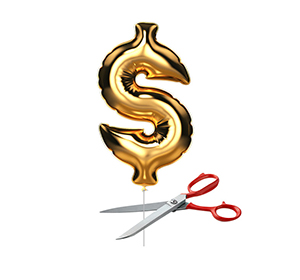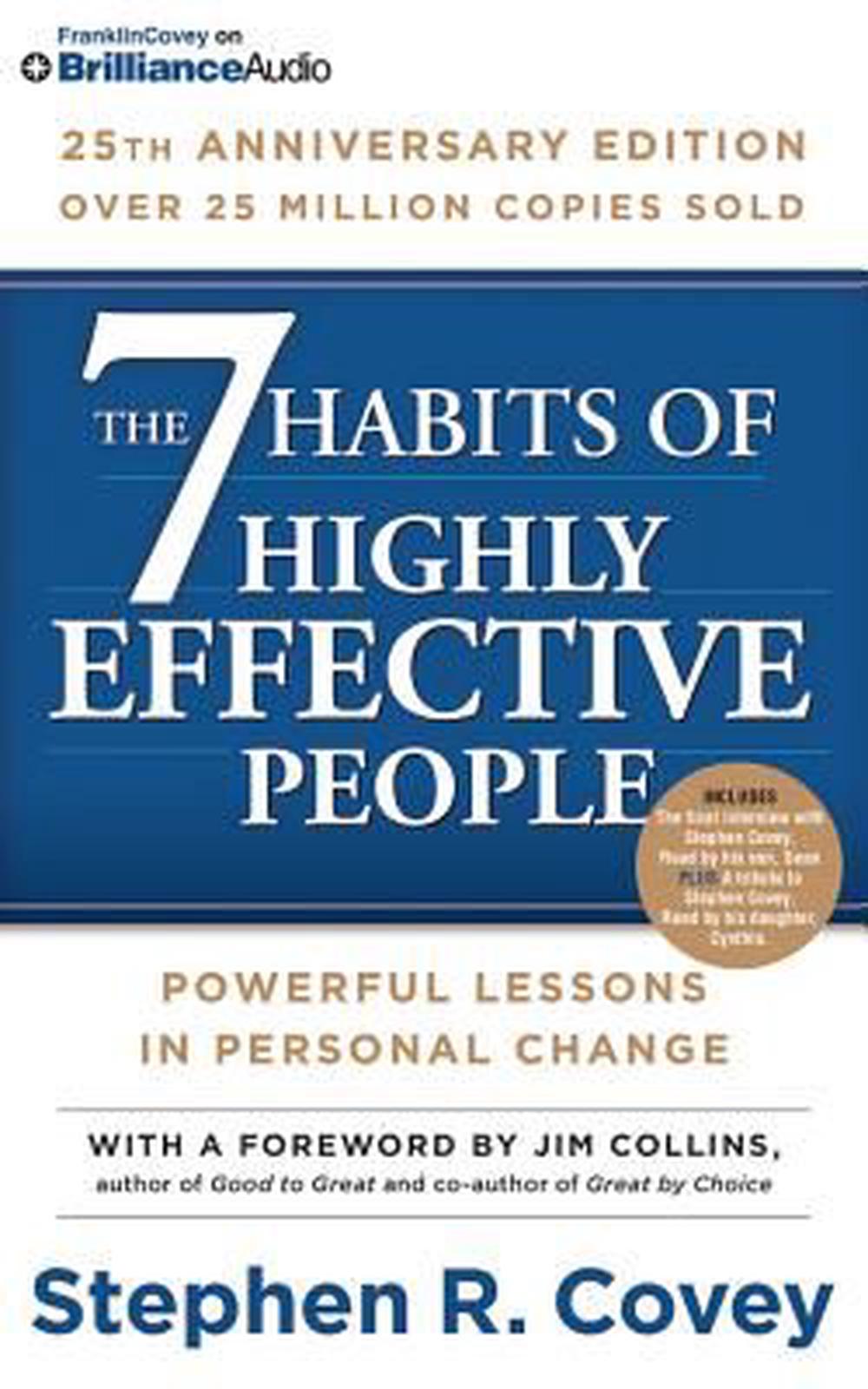
Sometimes a market correction may be a trap if you are trying to seek price. Risk has to be managed and not to be avoided 3. A smart investor understands that chance of succeeding anything in life is 50:50, but he would put strong risk control measures. They thrive on RiskĪ ‘risk’ is present in probably everything in life. The information you can obtain costs more than you want to pay.” – Peter L. The information you need is not the information you can obtain. The information you want is not the information you need. With huge influx of data in various forms of media, it is tough to decipher the information which is useful and the one which is not.“The information you have is not the information you want. The markets run on emotions of greed and fear and to have a control over them is one of the important factors in deciding how successful you will be as an investor. I am trying to list 7 habits of successful investors here: 1. Apart from this there are many things that set apart successful investors from the others. The largest dichotomy in investment is the difference between the investment returns and the investor returns.
SEVEN HABITS OF HIGHLY EFFECTIVE INVESTORS FREE
He is also the editor of the Dough Roller Weekly Newsletter, a free newsletter covering all aspects of personal finance and investing, and the host of the weekly Dough Roller Podcast.Gurugram CHAT NOW 7 Habits of Successful Investors Rob Berger is an attorney and founder of the popular personal finance and investing blog,. Rebalancing also results in selling high and buying low, which is exactly what an effective investor does. By rebalancing periodically, an investor can make sure that his or her investments are in line with the investment plan. As asset classes move up and down in price, an investor's asset allocation can shift away from what was planned. Rebalancing a portfolio is a critical component of sticking with a plan. Investing in index funds can help investors stay the course because they don't have to wonder if a fund manager has lost the Midas touch.ħ. As noted above, effective investors stick to their investment plan regardless of the market. There is an additional benefit to index funds. Third, they tend to have low turnover, which makes them ideal for taxable accounts. Second, over the long run their performance beats most actively managed mutual funds. First, they are typically much less expensive. Index funds have several advantages over actively managed funds. Reinvest the dividends, and that same investment would have been worth about $1.7 million.Ħ. Fifty years later that investment would have been worth about $500,000 if dividends were not reinvested. One analysis looked at a $10,000 investment in Coca-Cola in 1962. The difference between reinvesting and not reinvesting dividends is stark. Unless you want a payout, dividends are automatically reinvested. Most mutual funds make reinvesting dividends easy. For the magic of compounding to work, investment returns must be reinvested. By using low cost index funds investors should be able to keep expenses extremely low.ĥ. While the damage may seem small at first, fees can bring down a portfolio if given enough time. Fees are to investments what termites are to a home.

Effective investors have an asset allocation plan, and they stick to it regardless of how the market is performing.Ĥ. They buy with confidence when the market is rising and then sell in fear as it falls. The worst mistake investors make is to buy high and sell low. If you need some inspiration in this department, one family that saved 65 percent of their income retired at 30.ģ. The portfolio could grow to nearly $700,000 in forty years. By reducing cable, cell phone and insurance premiums by $200 a month, one can expect to generate about $35,000 in investments in 10 years, assuming 8 percent or higher annual returns. Here the key is to appreciate the effect of "small" expenses. Effective investors spend less than they make and invest the difference.

But putting off investing even longer surely is not the answer.Ģ. Many people failed to invest at an early age.

The same is true for those in their thirties, forties, fifties and sixties. If you are in your twenties, start investing now.


 0 kommentar(er)
0 kommentar(er)
